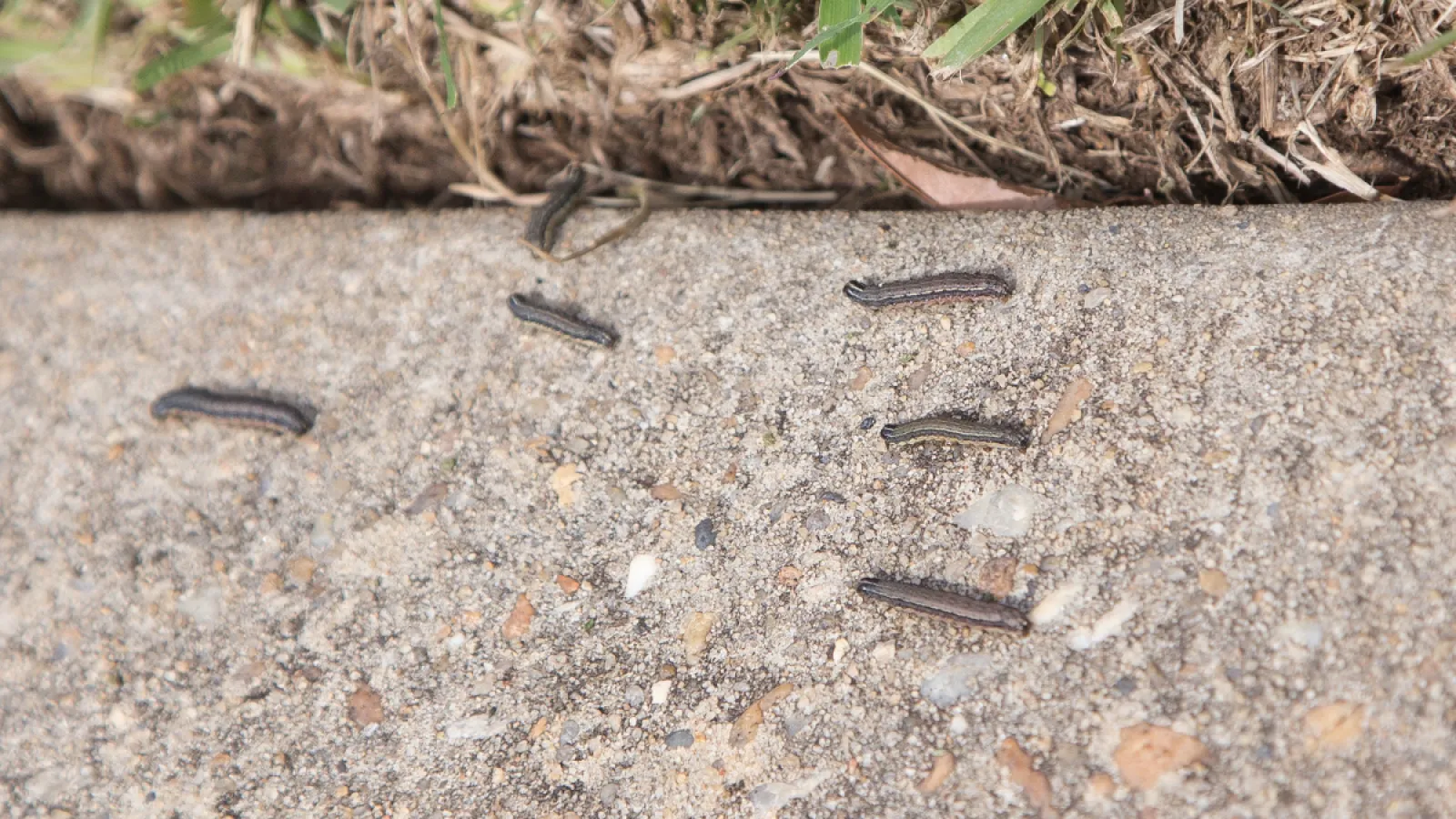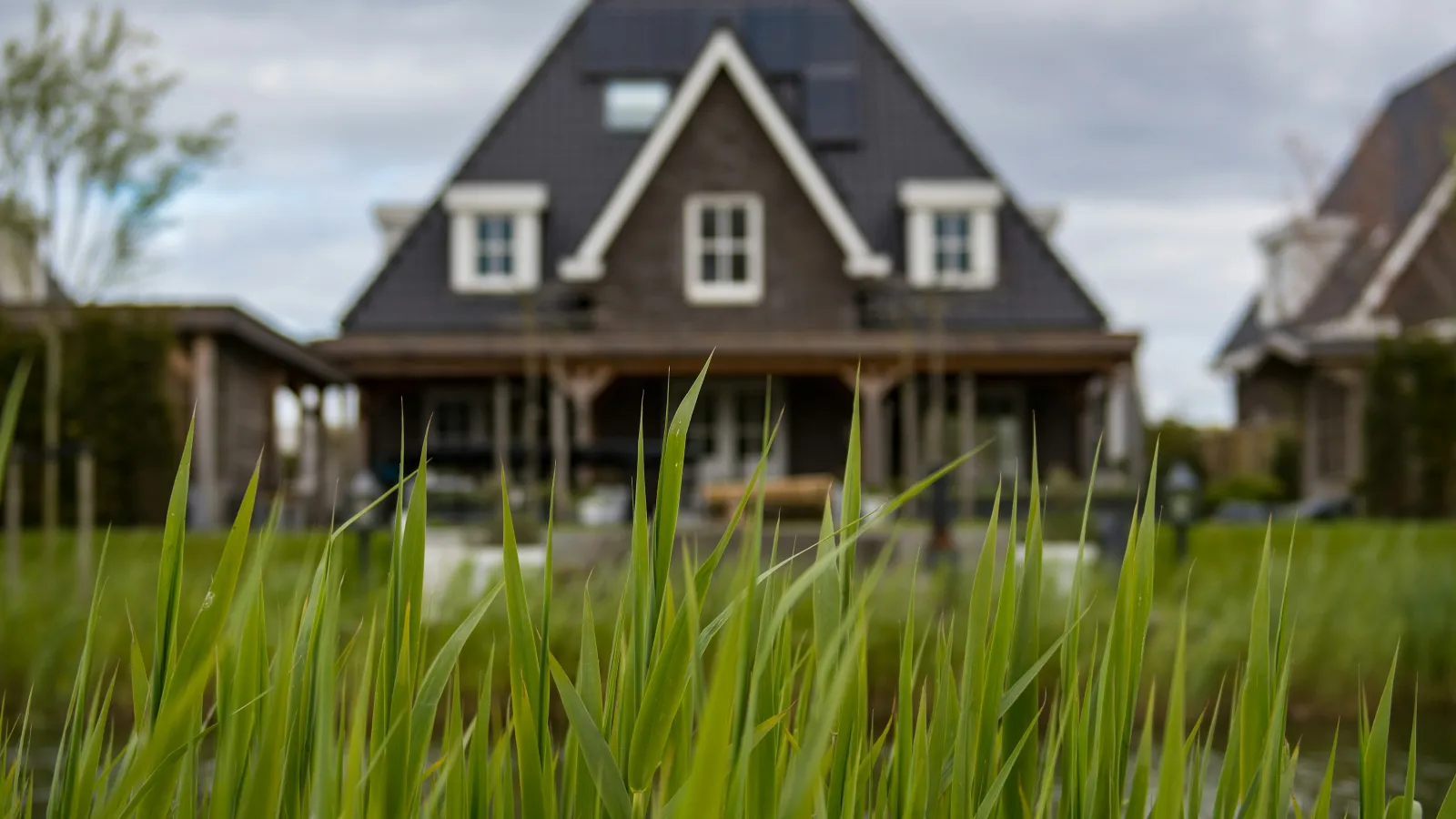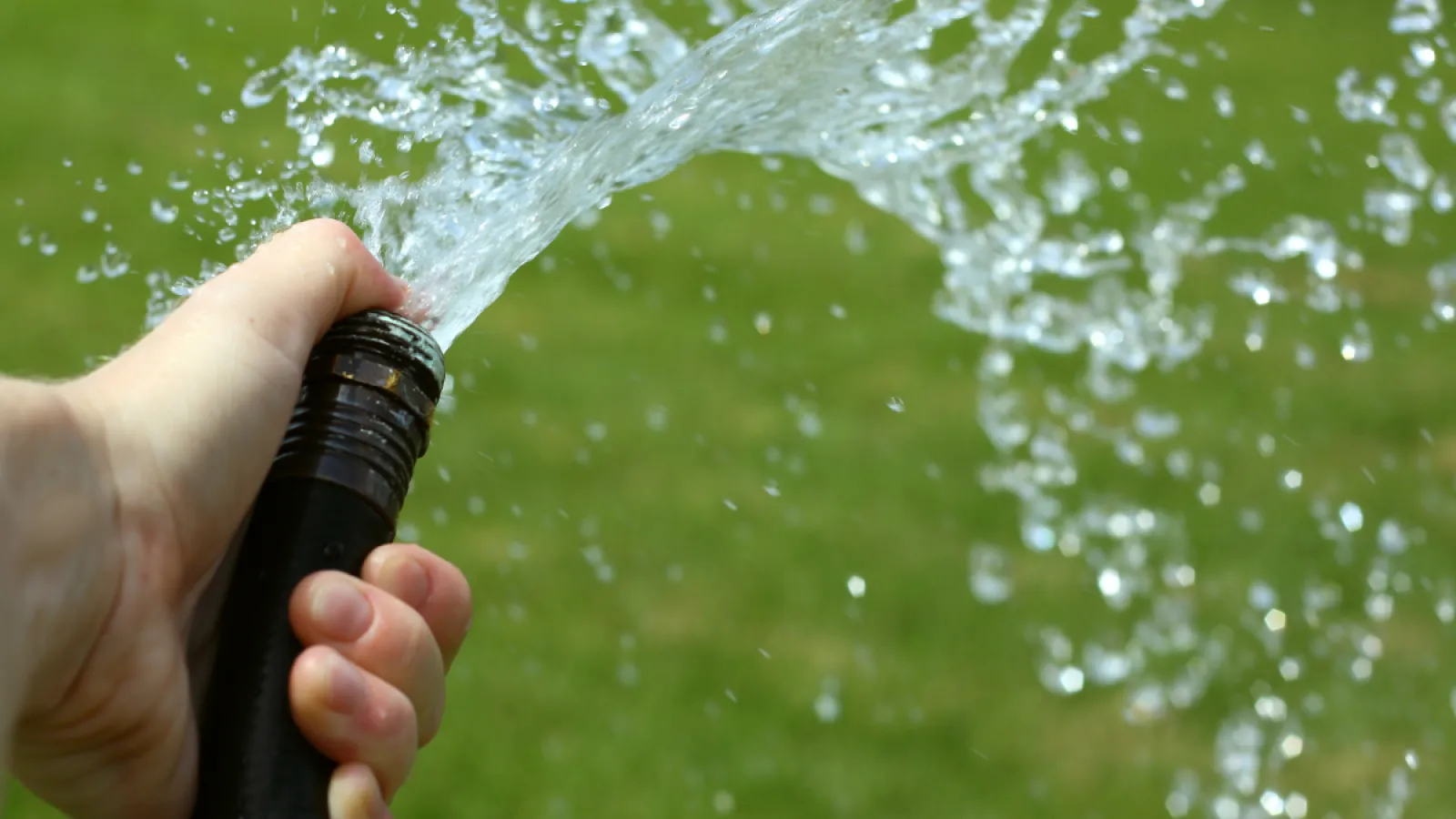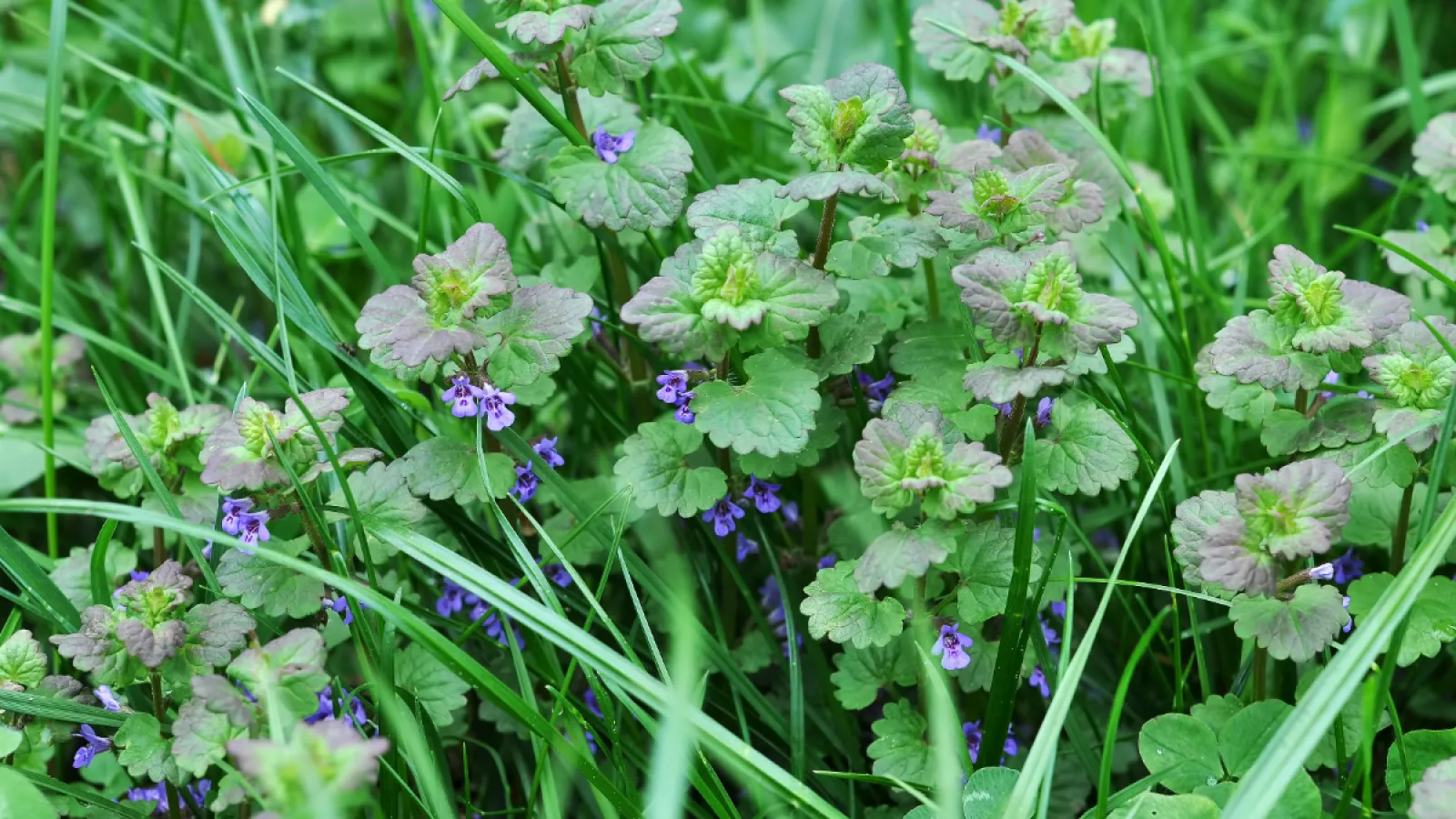
Signs of Fall Armyworms
Armyworms Are on the Move — How to Spot and Stop Lawn Damage in the Southeast
While fall in the Southeast is known for cooler mornings and seasonal color, it's also a time when armyworms become a major threat to lawns. These fast-moving pests can devastate grass in just a few days, and we're seeing increased activity in South Florida, Atlanta, Nashville, and Greenville. If your lawn suddenly looks scorched or chewed up, Turf Masters Lawn Care is here to help you identify the problem and take fast, effective action.
What Are Armyworms?
Despite the name, armyworms aren't actually worms. They're the caterpillar stage of a moth, and they earned their name from the way they "march" in large groups across lawns, devouring everything in their path. The fall armyworm is especially aggressive, and it feeds on a variety of grasses, including:
- Bermudagrass
- Zoysiagrass
- Tall fescue
- St. Augustine (common in Florida)
With their rapid life cycle and ability to reproduce in huge numbers, these pests can turn a healthy lawn brown seemingly overnight.
How to Spot Armyworms in Your Lawn
Armyworm damage can look like other common issues, such as drought or mower scalping. But if your lawn starts to brown quickly, look closer for these telltale signs:
- Chewed or jagged grass blades, often with a "windowpane" look
- Brown or bare patches that appear almost overnight
- Caterpillars about 1-1.5 inches long in shades of green, brown, or black
- An inverted "Y" shape on the caterpillar's head
- A waving or crawling effect in the grass during early morning or evening hours
- You may also notice birds flocking to your lawn. They're feeding on the larvae and are often the first sign that something is wrong.
How Armyworms Damage Southern Lawns
Armyworms feed on the leaf tissue of turfgrasses, especially warm-season varieties like Bermuda, St. Augustine, and Zoysia. In South Florida, even newly laid sod and well-maintained St. Augustine lawns are at risk. When left untreated, these caterpillars can strip away your lawn's green top growth, leaving it brown, weak, and vulnerable to disease and weed takeover.
Can My Lawn Recover?
In most cases—yes, especially if your lawn is well-established and receives prompt care. Bermudagrass and Zoysia, which are commonly found in Georgia, Tennessee, and the Carolinas, tend to bounce back with proper recovery steps. However, young sod or new seed, especially in fescue lawns, may not survive severe feeding. That's why it's critical to catch infestations early and begin treatment fast.
DIY vs. Professional Armyworm Treatment
There are store-bought insecticides and home remedies out there—but they're not always effective, especially if the infestation is widespread or recurring. Plus, applying the wrong product at the wrong time can harm beneficial insects and turf health. At Turf Masters Lawn Care, we take a professional, targeted approach:
- Fast-response treatments that eliminate active armyworms
- Preventative pest control options to reduce future outbreaks
- Seasonal lawn care programs that keep your turf stronger and more resilient
- Expert technicians trained to identify insect activity early and act fast
Serving South Florida, Atlanta, Nashville & Greenville
No matter where you live in the Southeast, armyworms can appear seemingly overnight. If you live in Miami-Dade, Atlanta, Nashville, or Greenville, you should be on high alert for signs of infestation from late summer through fall. Our local teams understand the turf types and growing conditions in your region, and we tailor our services to meet the specific needs of your lawn.
Stop Armyworms Before They Spread
Armyworms don't wait, and neither should you. If your lawn looks off or you're spotting caterpillars in the grass, reach out to Turf Masters Lawn Care today. Call or request a free quote online and let our experts protect your lawn with trusted armyworm control and recovery services in your area.


